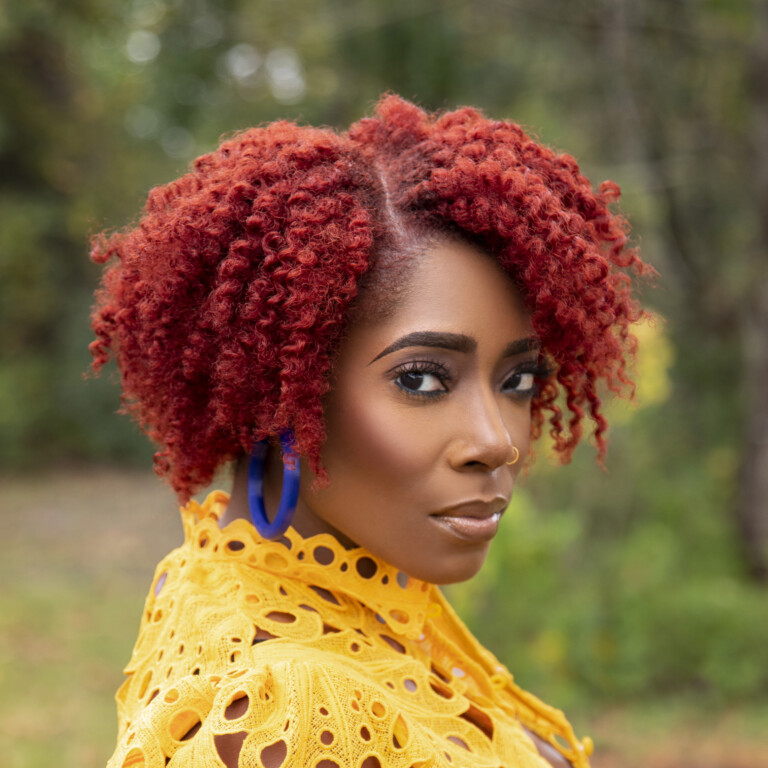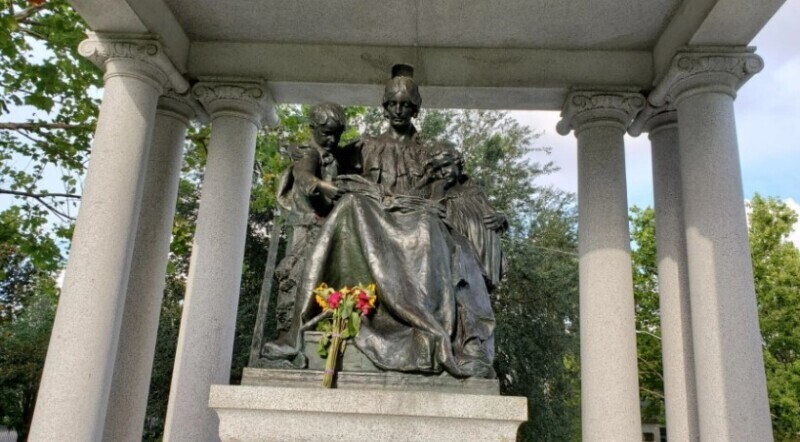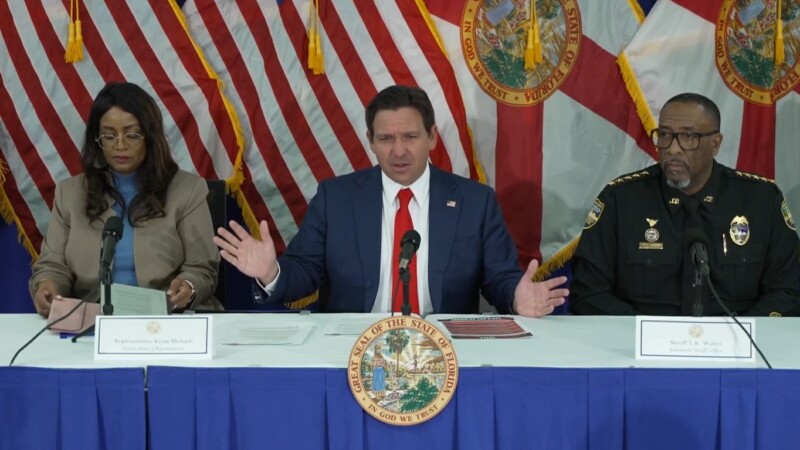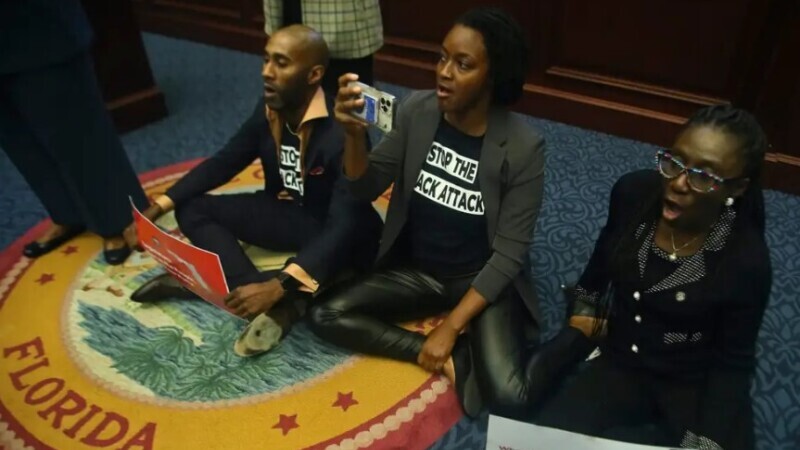
“Take ‘Em Down!” is an ineffectual narrative strategy to effect change.
Is it a demand of adamance? Absolutely.
A passionate plea for empathy? Of course.
A spirited rallying cry, pithy enough for posters and T-shirts, and to fit into the mouths of young protesters who chant the phrase while elder dissenters offer themselves to the law as a martyr for cause? Yes.
But as a narrative line from idea, to theme, to story, to action, it fails.
It is because the phrase itself is fueled with rage and easy to argue against with a simple, “No.”
“Take ‘Em Down!”
“No.”
Full stop. Or in the case of the Jacksonville City Council, “Not yet.”
“Let’s study it, first.”
“Let’s host community conversations orchestrated by the University of Virginia, first.”
Meanwhile the last Confederate statue was removed from Richmond, Virginia, the seat of the Confederacy. Yet in Jacksonville they remain.
The point of this commentary is not to suggest that Take Em Down Jax rebrand and find a new slogan to reason with the sons and daughters of the South who support the monuments as being “heritage, not hate.” No. The point is to suggest that instead of fighting — which we’ve been doing since 1861 — we should remember, find a way to reconcile, and repair.
Remember
FACT: The 13th Amendment abolished slavery and the forced labor of people without wages — in its form then.
FACT: Many monuments to the Confederacy were first erected in the immediate aftermath of the Civil War between 1860 and 1880 to honor those who had died in the war. These were mostly placed in cemeteries. However, exponential construction in commemoration of the Confederacy was expedited at the end of Reconstruction through the era of Jim Crow, used to intimidate Black people while also signifying the virtues of the Lost Cause.
“I think it well, moreover, not to keep open the sores of war, but to follow the examples of those nations who endeavored to obliterate the marks of civil strife and to commit to oblivion the feelings it engendered.”
Robert E. Lee
And yet in direct opposition to another request from Lee, the monuments were erected, the progressive movement of the nation was retarded, and the “difficulties under which the [Black] Southern people labour” continue to this day.
Reconcile
It is hard to reconcile over history that’s not fully remembered — or, in Florida’s case, fully taught. But remembering history accurately and learning from it allows us to not repeat it. Just as the concentration camps of Nazi Germany remain standing to remind people of what happened so that it never happens again, the same can be done with the symbols and propaganda of the Confederacy.
Take them down from public view where they’re placed on pedestals with honor. Remove them from parks, change the names of the schools, lower the flag poles and place these seedy, somber relics in the wing of a museum where they can be reconciled against the history and the institution they died for, and we — thank God — have been freed from.
I heard the MOSH was planning a new Northbank location. That seems the perfect place to stash the statues and hang the stars and bars across from exhibits of tightly packed cargo holds with human captives destined for the New World who disembarked in Florida likely at many ports along the First Coast.
With this action, reconciliation can begin. We can see both perspectives and interrogate how imperial audacity led to the rape, pillage and plunder of people and land on three continents and a smattering of islands. We can witness how force and genocide coalesced to create caste systems and so-called subhuman species for the benefit of pocketbooks and purses.
Repair
It is only when we come to the table to reconcile that the real work of repair may begin. It is in repair that as Black people we can move beyond freedom to liberation. Liberation looks like equity.
Not diversity. Just because you see us does not mean we have power.
Equity.
Not inclusion. Just because we have a seat at the table doesn’t mean we have a voice.
Equity.
This is where we have not a seat, but a table of our own. Land that receives fair grants and loans from the federal government. Homes that aren’t devalued. Communities that aren’t divested from. Wealth that hasn’t been burned and bombed out over jealousy. Equal use of and response by the criminal legal system instead of an armed band of hotheads weaponized at the whims of whiteness.
Equity is a repair. A form of reparation. And a beginning of justice.
Anything else is simply shouting into the void; and it is deaf.

Nikesha Elise Williams is an Emmy-winning TV producer, award-winning novelist (Beyond Bourbon Street and Four Women) and the host/producer of the Black & Published podcast. Her bylines include The Washington Post, ESSENCE, and Vox. She lives in Jacksonville with her family.






